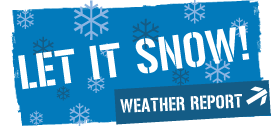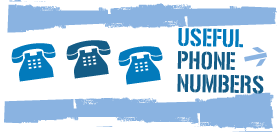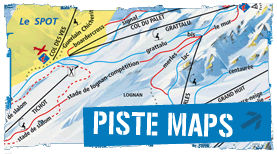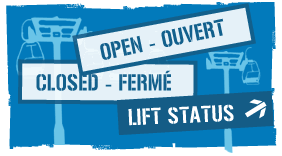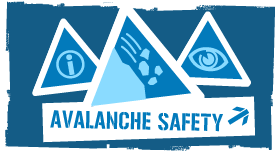Insurance
Winter sports are fun but if you head into difficulties you need to make sure you’re covered.
More than a million Britons take to the mountains each winter for fun on the slopes. Unfortunately, one in 10 skiers ends up needing medical treatment. For the lucky ones, the only damage after a tumble will be a dent to their pride. The not-so-lucky ones could face astronomical medical bills if they haven’t made the comparatively small investment in travel insurance.
The winter sports part of your travel insurance policy is designed not only to cover damage to or loss of your ski equipment, but also your liability to others and your medical safety. Costs for the latter can be astronomical if you are hitting the slopes in the USA or Canada.
Buying ski insurance is straightforward but the prices can vary greatly. Travel agents will often try to sell you insurance if you buy a holiday from them. As with all insurance products, however, the best place to buy travel insurance is directly from an insurance company.
The internet is a good place to start and will allow you to compare insurers quickly and buy the right policy at a competitive price. Before you buy, take into account what is and what is not included by your policy. Most winter sports policies include more than sufficient cover for the following:
Medical & legal expenses
Limits for any medical treatment or legal expenses are usually more than adequate. In the United States and Canada, the litigation culture has far greater financial implications than in Europe. If you are travelling to the USA, the medical cover should be a minimum of £2 million, but for European travel the standard cover is up to £1 million cover.
Find out if the policy pays out if you injure someone else. Some policies will cover the cost of any physiotherapy you might need on your return home. If you are heading to Europe, the European Health Insurance Card (EHIC) will entitle you to some free/reduced cost basic medical cover in any EU member state.
Find out more about the EHIC. It is important not to rely on this card as a substitute for travel insurance. It will not necessarily provide you with the medical cover you require and it will not cover you for all the risks associated with skiing such as recovery from the mountain and repatriation costs.
Cancellation and curtailment
If you have to forego your holiday through reasons beyond your control, such as illness or family bereavement, then your insurer should provide cancellation cover.
Baggage and ski equipment
This cover does vary but so does the value of these items. Check that you have sufficient cover for all of your ski gear.
Rescue & repatriation
Calling out Mountain Rescue services and flying injured skiers back to the UK can prove extremely expensive, so any policy should include both these possibilities. Many airlines require people with leg injuries to lie down during the flight home, meaning they occupy more than one seat. This can cost thousands of pounds.
Piste closure
Always check what the policy definition is regarding piste closure and how many runs have to be shut before you can claim benefits. Some policies will only pay out if all the pistes are closed.
Ski pack
If you are unable to ski due to illness or injury, any lessons, your ski equipment and ski pass should be covered on your policy. Always check for potential policy exclusions. These tend to vary from policy to policy so you must read the small print. Failure to do so could result in you having inadequate insurance.
Off piste
If you plan to ski off-piste, check that your insurance will cover you. Some policies exclude off-piste skiing altogether and others only provide cover if you are accompanied by a qualified guide or instructor. Skiers must always take reasonable care when skiing off-piste, making sure that they have the correct safety equipment and have made all the necessary enquiries as to where it is safe to go.
Unattended skis
Insurers insist that you take reasonable care of your skis or snowboard. It’s estimated that between 3,000 and 4,000 skis are declared stolen in France every year, and at least 10% of these claims are fraudulent. As a result, very few insurers are prepared to offer insurance for unattended, unsecured skis. This particularly applies to skis left outside restaurants as they’re considered prime targets for thieves. To avoid having your skis stolen, don’t leave them together – mix and match with your companion’s skis or lock them in ski racks.
Alcohol
Most policies have a clause that renders your cover void if you have consumed excessive amounts of alcohol, but a precise definition of excessive is not usually provided. Skiing is a dangerous sport and drunks are not welcome on the piste. Always be sensible with the amount of alcohol you consume on the slopes.
Extra activities
Winter sport policies tend to include skiing and snow boarding as standard but they may have restrictions on the more extreme forms of skiing and mountain activities (heli-skiing, glacier skiing, para-skiing, tobogganing, skidoos, ski racing, bobsleighs, mountain climbing).
Check your policy before participating in any extra activities on offer in the resort.


